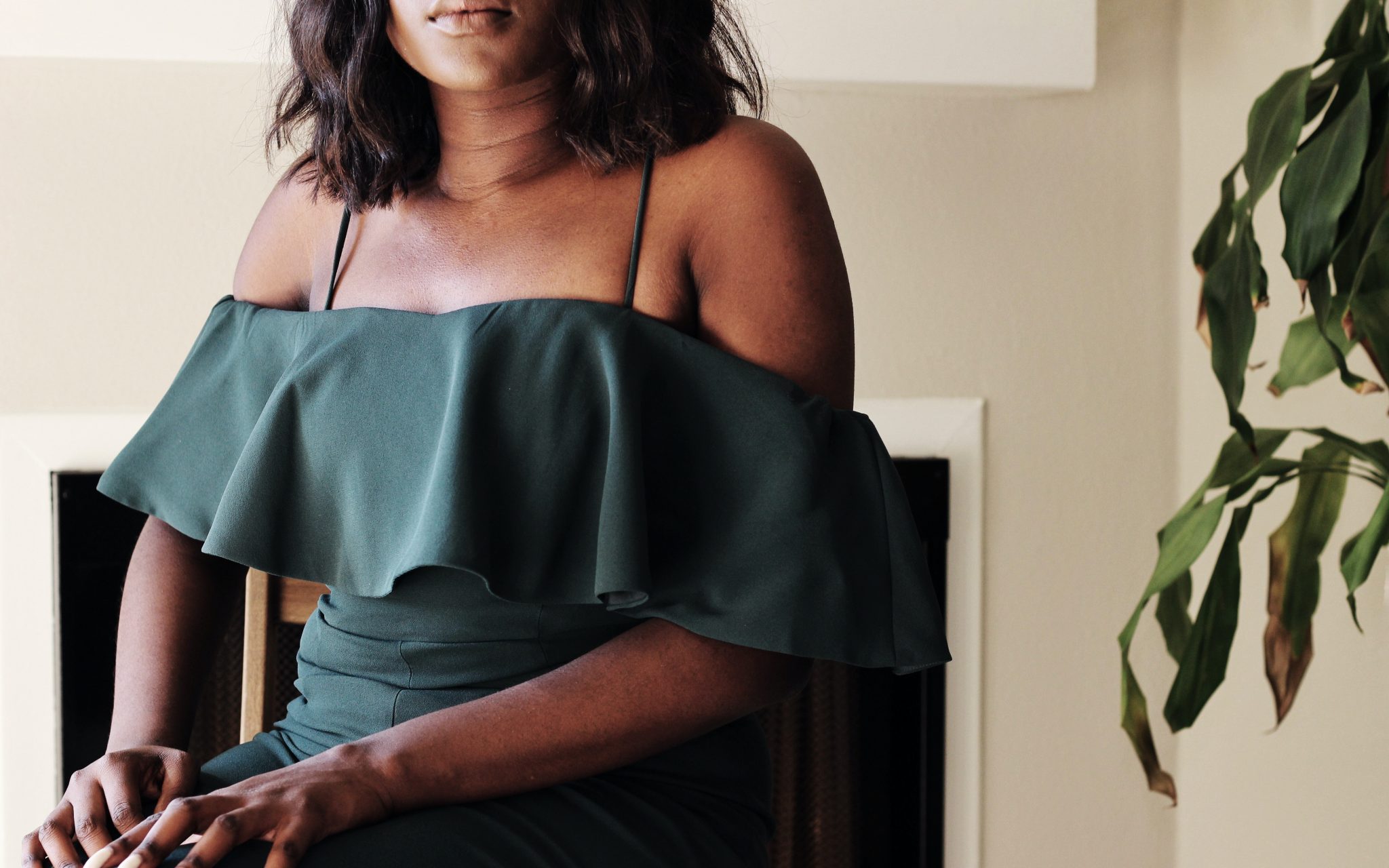“Why I’m rejecting the ‘strong Black woman’ narrative”

Written by Dahaba Ali Hussen
“It is frustrating being pigeon-holed into the narrow paradigms of what people expect from a young Black woman,” says Dahaba Ali Hussen.
Last summer, during one of those gloriously warm bank holiday weekends, I decided to travel to Berlin to see my childhood best friend. We went for lunch and while we were sitting there, taking photos for posterity (and also for Instagram) her friend, who we’ll call Pat for the sake of this article, turned to me and said, “You’re such a powerful woman, Dahaba”.
How peculiar, I remember thinking. What’s so powerful about taking a photo for the ‘gram?
I decided to seek clarification. “What do you mean, Pat?” I asked her, but she just shook her head and told me it was my energy.
It wasn’t until a few days later that I realised what she may have meant.
While this might seem like a fairly innocuous incident, it wasn’t the first time someone had described me as “powerful”, and I can’t help but think it was related to both my race and my gender.
People first started calling me “powerful” and “strong” around the time I hit puberty. It always made me feel slightly more grown than my peers, but in a totally perverse way.
It felt like we all went from being young girls in a school playground, where we were all fairly equal, to teenagers with stereotypes stuck to us like glue.
On one occasion, during a moment of teenage angst, I was mourning the loss of a brief romantic fling. It was a time of real vulnerability for me, but a friend decided I couldn’t possibly be suffering from heartbreak because I was so “strong”.
It was triggering at the time, and it’s still triggering now. Why do I have to choose between being “strong” and “vulnerable”? Why can’t I be both? I may wish to carry my Wonder Woman shield on a Tuesday and then lock myself up in a tower and hope to be rescued by Thursday.
But I’ve always been slow to recognise when people are racially stereotyping me. This isn’t because of a lack of cultural awareness, but because I don’t look in the mirror and think, “I am a Black woman full stop exclamation mark”.
I’m Dahaba. I’m five foot nine, with black hair and dark eyes. I like writing and social activism. Being a Black woman is just one facet of my identity.
Just like being firm is one part of my personality. When people make their preconceived notions of how you should act known to you, you find yourself unable to show you truly feel. For example, when people refer to me as “powerful”, I feel as though I am denied the right to fluctuating emotions and a multifacted personality.
And regardless of my personality, sometimes people don’t see or listen to me full stop. I once worked for a manager who would constantly bombard me with micro-aggressions and sexually charged comments.
“This is inappropriate” I would choke out in disbelief. Unfazed, he would laugh it off and tell me that I “could handle it” because I wasn’t “like the other girls”.
Before you ask, yes – I was the only young Black woman in the office. What did my manager mean when he said I could handle it? Is it because, as a Black woman, I’m supposed to be made of cement and steel? Well, I have a shocking surprise for you. My corporeal form comprises of blood and bone just like everyone else.
Language and behaviour like this make me feel not only ‘othered’, but totally ostracised by society.
It just so happens that I do consider myself to be an emotionally resilient person and I just so happen to be a Black woman but, I must stress, the two are not related. If Black women are better equipped at dealing with stressful situations or crises it is only because we are forced to through social conditioning.
This social conditioning starts from a young age. As soon as I hit puberty, white men started calling me “intimidating”. Since then, the cycle of our social interactions are always the same. They remark on how intimidating I seem at first, but are then quick to shower me with praise over my eloquence and articulacy. Yes, I am a great orator, but I don’t see you complimenting our white contemporaries in the same way. It is frustrating being pigeon-holed into the narrow paradigms of what people expect from a young Black woman.
Who constructed these social images? I have never met a single Black woman who fits into these stereotypes and I, for one, certainly do not.
If the basis for the social interaction is formed before the interaction even happens, then is there any point in even being present? In these cases, I am merely a passive agent in someone else’s conversational parade.
The lack of nuance surrounding Black women and our societal image is very damaging. We have strict rules on how we can behave. Sassy? Sometimes. Outspoken? Can be seen as aggressive. Mute? Better watch your facial expression
Alongside being a Black woman, I have hobbies, goals and aspirations. I have days where I race through my to-do lists and fit in a workout, and other days where I eat a box of Jaffa Cakes for breakfast and nothing else.
Sometimes I read academic works online and other times I binge watch 90s music videos. So instead of purely seeing the pigmentation of my skin and the sex that was assigned to me at birth… try looking a little closer.
Images: Getty, Unsplash
Source: Read Full Article
